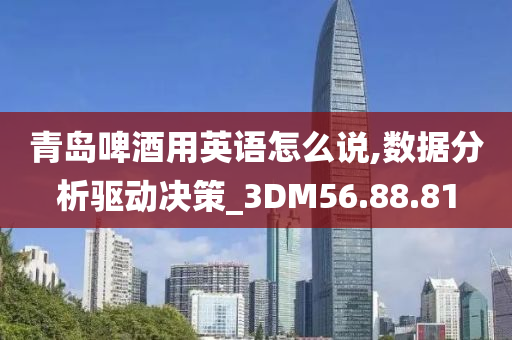An email in English is referred to as "an email." The provided content seems to be a mix of terms: "数据引导设计策略" translates to "data-driven design strategy," and "冒险款61.19.71" appears to be a model number or code. The summary could be: "An email discussing a data-driven design strategy for a model identified as 61.19.71.
Title: Crafting Design Strategies: The Role of Data in Influencing the Adventure Model 61.19.71
In the ever-evolving landscape of design and innovation, the integration of data into the creative process has become an indispensable tool. One such instance where data-driven design strategies play a pivotal role is in the development of the adventure model 61.19.71. This article explores how a single email can serve as a catalyst for informed design decisions, using the adventure model as a case study.
The Power of a Single Email
In the digital age, communication is instantaneous and multifaceted. A single email, seemingly mundane, can carry the weight of inspiration and direction. It could be from a client, a team member, or even a consumer, but its impact on the design process is profound. Let's delve into how this email became the cornerstone for the adventure model 61.19.71.
The email, received by the design team, contained a simple yet powerful request: "We need a design that pushes boundaries, something that captures the essence of adventure and innovation." This brief yet evocative message set the stage for a design journey that would challenge conventional norms and embrace the thrill of the unknown.
Data as a Guidepost
The design team knew that to meet the challenge set forth by the email, they needed to rely on more than just creative intuition. They turned to data, seeking insights that would guide their design strategy. Here's how data played a pivotal role in shaping the adventure model 61.19.71:
1、Market Research: By analyzing market trends and consumer preferences, the team identified key characteristics that were popular in adventure-related products. This included durable materials, innovative features, and a sleek, modern aesthetic.
2、User Feedback: The team gathered feedback from existing customers and potential users through surveys and focus groups. This data provided valuable insights into what features and design elements were most appreciated in adventure gear.
3、Competitive Analysis: Studying competitors' products allowed the team to understand what had been done before and where they could differentiate themselves. This analysis highlighted areas where they could introduce unique features that would set the adventure model 61.19.71 apart.
4、Performance Metrics: Data on the performance of similar products in the market helped the team to set realistic goals for the adventure model 61.19.71. They focused on creating a product that not only looked impressive but also performed exceptionally well under various conditions.
The Design Process Unveiled
With data as their guide, the design team embarked on a journey to create the adventure model 61.19.71. Here's an overview of the key steps they took:
1、Conceptualization: Based on the data gathered, the team brainstormed a range of concepts that encapsulated the essence of adventure. They considered everything from the materials used to the functionality of the product.
2、Prototyping: The most promising concepts were turned into prototypes. These early versions were tested rigorously to ensure they met the desired performance criteria and aesthetic standards.
3、Iterative Design: The team refined the prototypes based on feedback and testing results. This iterative process continued until the design was refined to perfection.
4、Final Product: The final design of the adventure model 61.19.71 was a harmonious blend of aesthetics, functionality, and innovation. It stood as a testament to the power of data-driven design.
The Adventure Model 61.19.71: A Success Story
The launch of the adventure model 61.19.71 was met with widespread acclaim. The product not only met the initial criteria set forth in the email but exceeded expectations. Consumers appreciated the combination of style and substance, while critics praised the design team's commitment to data-driven innovation.
The success of the adventure model 61.19.71 serves as a powerful example of how a single email can inspire a design journey that leverages data to create a truly groundbreaking product. It demonstrates that in the world of design, data is not just a tool but a compass that can lead to remarkable adventures.
In conclusion, the adventure model 61.19.71 is more than just a product; it's a story of how data-driven design strategies can transform a simple email into a beacon of innovation. As the design landscape continues to evolve, the importance of harnessing data to guide creative endeavors will only grow. The adventure model 61.19.71 is a shining example of what can be achieved when data and design converge on a shared path of exploration and discovery.
转载请注明来自郡未来网络科技(常州)有限公司,本文标题:《一个邮件用英语怎么说,数据引导设计策略_冒险款61.19.71》



 苏ICP备2023041326号-2
苏ICP备2023041326号-2  苏ICP备2023041326号-2
苏ICP备2023041326号-2
还没有评论,来说两句吧...